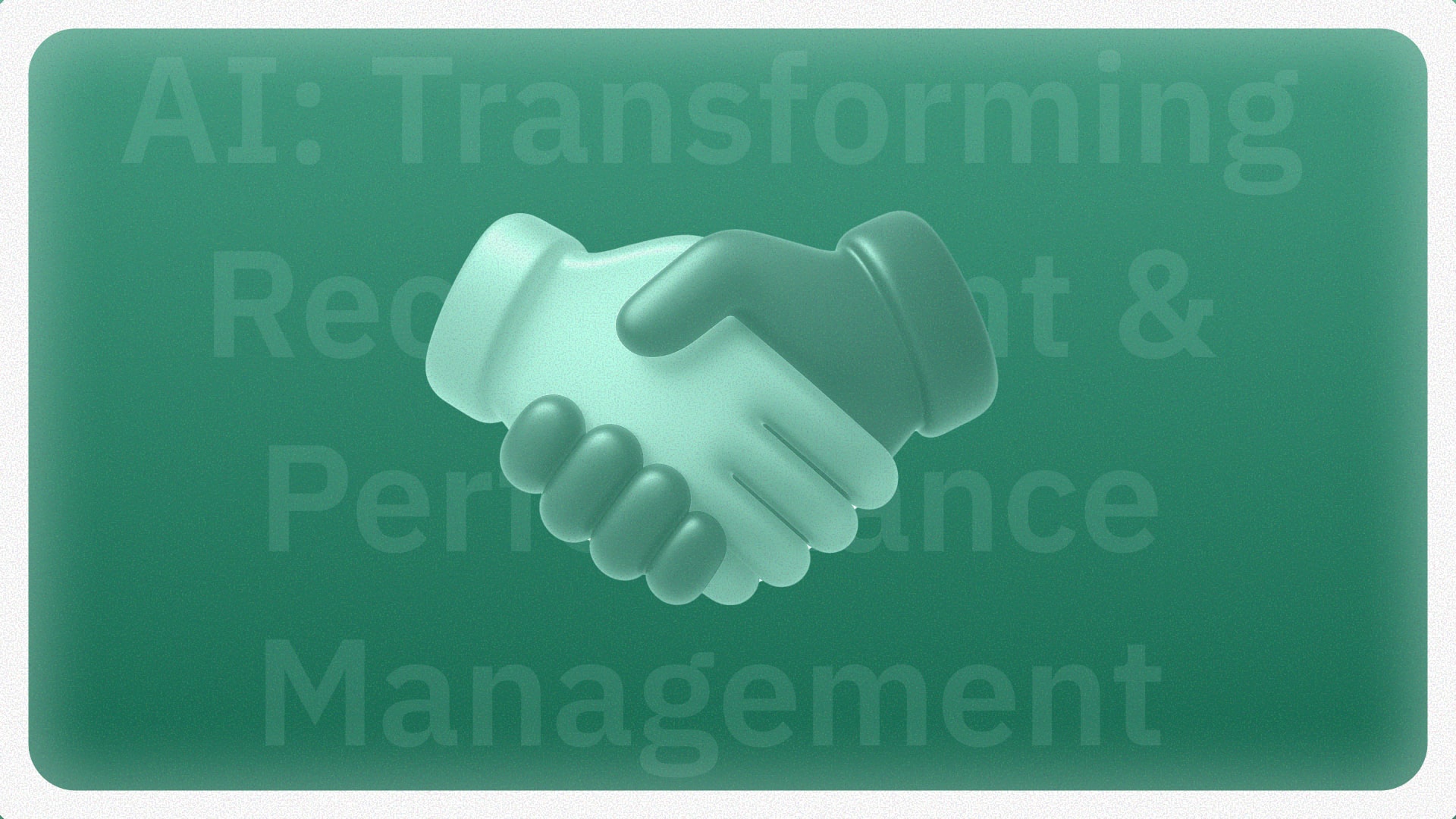Introduction
The world of Human Resources (HR) is undergoing a massive transformation driven by Artificial Intelligence (AI). What was once a purely administrative function has now become a data-driven, tech-enabled strategic powerhouse. From smart recruitment to performance management, AI is redefining how organizations attract, evaluate, and retain top talent.
In this article, we’ll explore the future of HR in the age of AI, focusing on how artificial intelligence enhances recruitment efficiency, performance evaluation, and employee engagement, while reducing costs and human bias.
1. The AI Revolution in Recruitment
Recruitment has evolved from manual resume screening to AI-powered hiring systems that can analyze, predict, and select the best candidates faster than ever before.
a. Automated Resume Screening
AI-driven applicant tracking systems (ATS) can analyze thousands of resumes within minutes, identifying top candidates based on keywords, skill sets, experience, and qualifications. This not only saves time but also minimizes human bias in recruitment decisions.
b. Smart Video Interviews and Behavioral Analysis
Through AI video interview tools, employers can analyze facial expressions, tone of voice, and language patterns to assess personality traits and communication skills. These tools help HR professionals make more objective and data-informed hiring decisions.
c. Predicting Job Success
Using predictive analytics, AI can forecast which candidates are most likely to succeed in specific roles. By comparing applicant data with performance records of existing employees, the system identifies the best-fit hires who will contribute to long-term organizational success.
2. Performance Management Powered by AI
Once hired, the focus shifts to managing and improving employee performance. AI introduces a new level of precision and personalization to this process.
a. Data-Driven Performance Analytics
AI-based HR analytics systems collect and analyze data from multiple sources—attendance, productivity metrics, feedback, and collaboration tools—to provide detailed performance insights for individuals and teams.
b. Real-Time Feedback and Personalized Coaching
Machine learning algorithms can deliver instant feedback to employees and managers, identifying performance gaps and suggesting personalized learning paths or training programs for improvement.
c. Employee Retention Prediction
AI can detect patterns that indicate low engagement or potential resignation. HR leaders can use these insights to take proactive steps, strengthen employee satisfaction, and reduce turnover rates.
3. Enhancing Employee Experience with Artificial Intelligence
Beyond recruitment and evaluation, AI is revolutionizing how organizations create better employee experiences.
- HR Chatbots: Virtual assistants provide quick answers about payroll, leave policies, or company procedures—reducing HR workload while improving employee satisfaction.
- Personalized Career Development: AI recommends learning resources and training programs based on each employee’s unique goals, skills, and interests.
- Sentiment Analysis: Advanced systems analyze employee feedback and engagement surveys to measure workplace happiness and detect early signs of dissatisfaction.
4. Ethical and Data Privacy Challenges
Despite its benefits, integrating AI into HR comes with important ethical and privacy considerations.
- Algorithmic Bias: If the training data is biased, AI systems may unintentionally discriminate against certain groups during hiring or evaluation.
- Data Protection: Organizations must ensure transparency, consent, and compliance with data privacy laws when processing employee data.
- Over-Reliance on Technology: AI should complement, not replace, human decision-making. Emotional intelligence and empathy remain essential in HR practices.
5. The Future of Human Resources in the Age of AI
The next generation of HR will be defined by intelligent automation and predictive decision-making. AI will be embedded across all HR functions—from workforce planning and talent acquisition to culture assessment and career growth.
Forward-thinking companies that adopt AI in HR early will gain a strong competitive edge by attracting top talent, improving productivity, and building more resilient organizations.
Conclusion
Artificial Intelligence in Human Resources is not just a passing trend—it’s the cornerstone of the future of work. When used responsibly, AI can help organizations create a balance between technology and humanity, achieving higher efficiency, fairness, and employee engagement.The HR of tomorrow will be a perfect synergy between human intuition and artificial intelligence, shaping smarter, fairer, and more adaptive workplaces.
